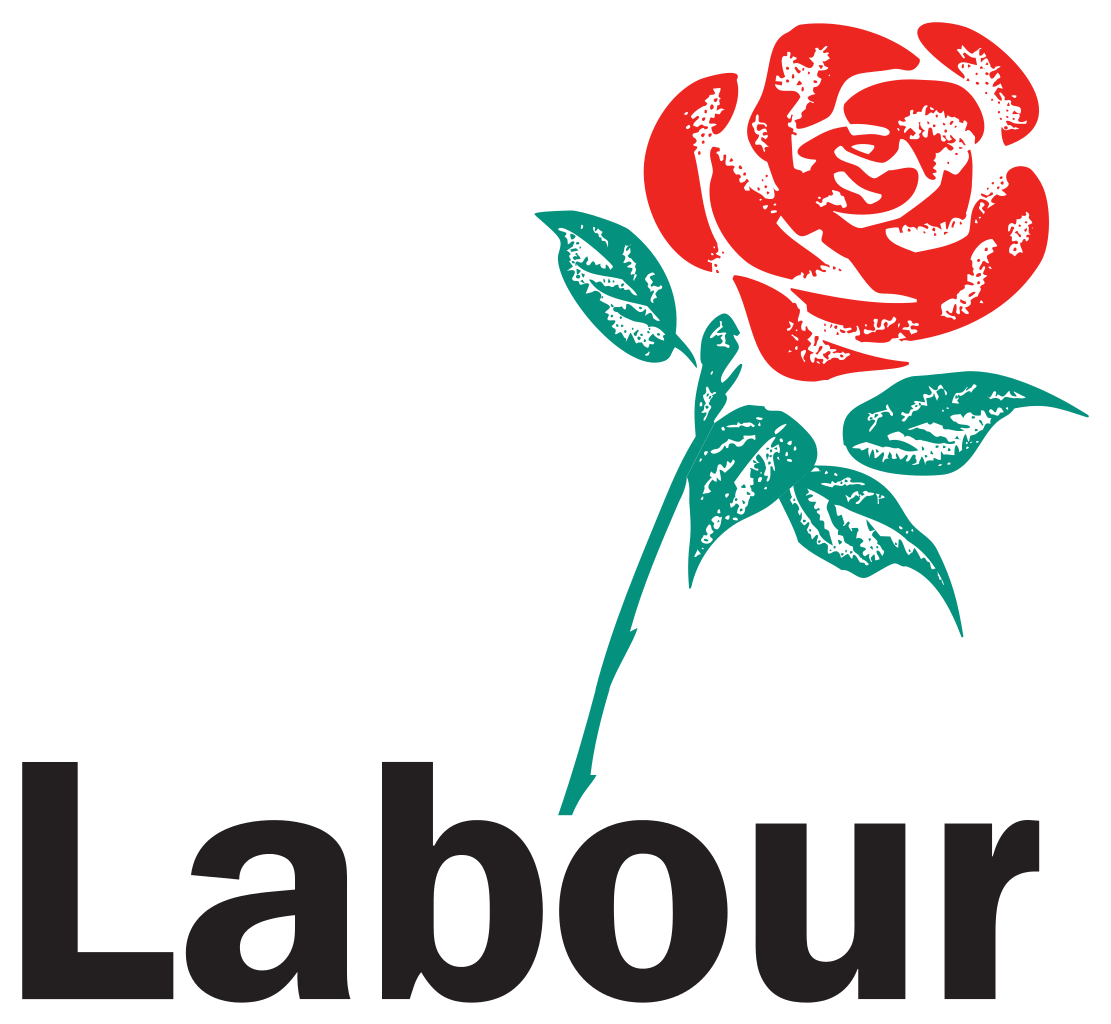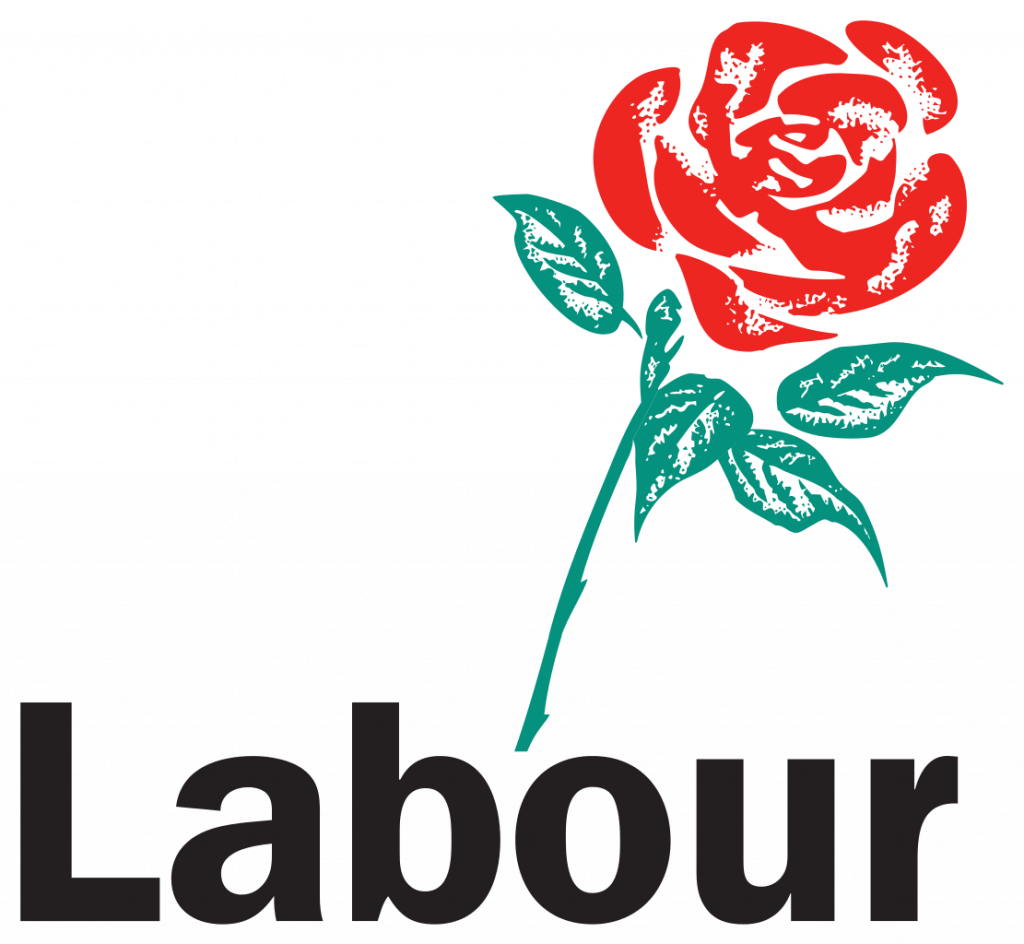Labour’s love affair with Europe
Labour has had a conflicted relationship with “Europe” and its various stages of political union, ever since Ernie Bevin rejected Jean Monet’s 1950s plan for a European Coal and Steel Community because “the Durham Miners wouldn’t buy it”.
Political historian Peter Hennessy has explained that this opposition reflected both the workers’ concerns that they would lose control of the just-newly nationalised heavy industries, but also how those same men had fought across Europe just a decade before as the Durham Light Infantry and would be loath to share any form of power or sovereignty with their former foes.
More than half a century later, these old suspicions and enmities have dwindled but Labour has remained restricted by a parochial Weltanschauung.
Tony Blair promised in 1997 to put Britain “at the heart of Europe” but rapidly found himself constrained first by New Labour’s timidity towards the tabloid press (remember The Sun’s headline describing then-German finance minister Oskar Lafontaine as “the most dangerous man in Europe” over tax harmonization proposals?), and then by the toxic fallout from the Iraq War and Donald Rumsfeld’s distinctions between “Old” and “New” Europe.

